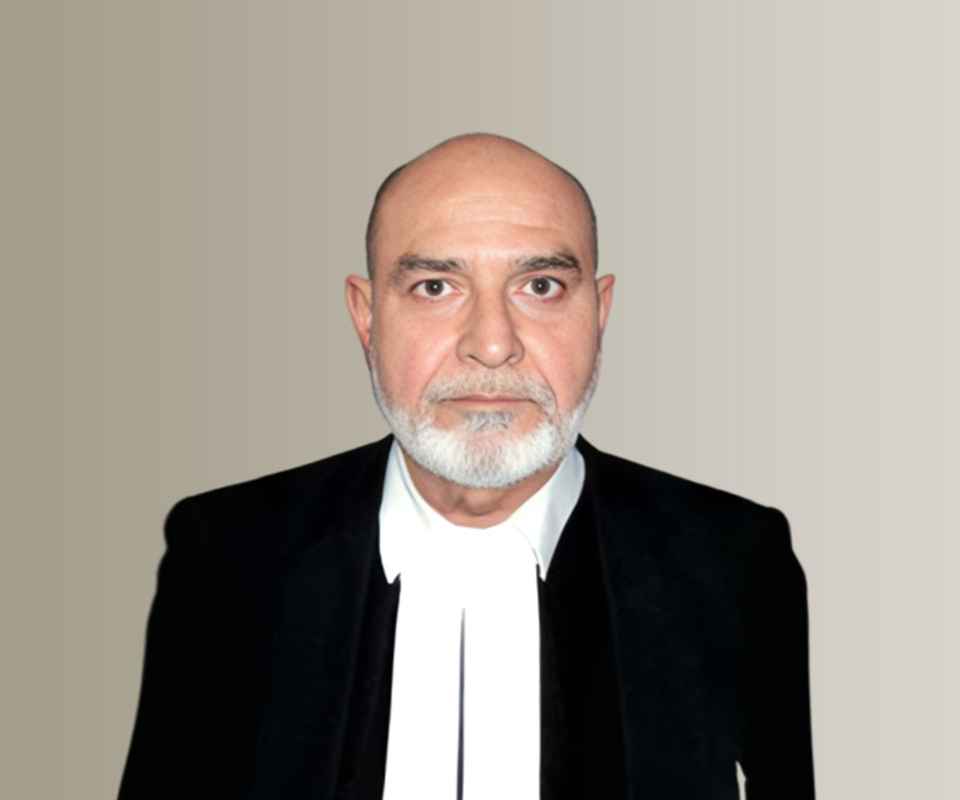Answer By law4u team
Bharatiya Nagarik Suraksha Sanhita, 2023 - Section 268: When Accused Shall Be Discharged
(1) If, upon taking all the evidence referred to in section 267, the Magistrate considers, for reasons to be recorded, that no case against the accused has been made out which, if unrebutted, would warrant his conviction, the Magistrate shall discharge him.
(2) Nothing in this section shall be deemed to prevent a Magistrate from discharging the accused at any previous stage of the case if, for reasons to be recorded by such Magistrate, he considers the charge to be groundless.
Brief Detail
Section 268 outlines the conditions under which a Magistrate may discharge an accused individual. If, after reviewing the evidence, the Magistrate finds that there is no substantial case to support a conviction, he is obligated to discharge the accused. Additionally, the Magistrate has the discretion to discharge the accused at any earlier point in the proceedings if the charge is deemed groundless.
Question & Answers
What must the Magistrate do if he finds no case against the accused after reviewing the evidence?
The Magistrate shall discharge the accused.
Can a Magistrate discharge the accused before the conclusion of the case?
Yes, the Magistrate may discharge the accused at any previous stage if he finds the charge to be groundless.
What must the Magistrate provide when discharging the accused?
The Magistrate must record the reasons for discharging the accused.
Example
- Example 1: After examining the evidence presented in court, the Magistrate concludes that there is insufficient evidence to convict the accused. Consequently, he discharges the accused.
- Example 2: During the preliminary hearings, the Magistrate finds that the charge against the accused lacks merit and decides to discharge him, providing a written explanation for this decision.
Summary
Section 268 of the Bharatiya Nagarik Suraksha Sanhita, 2023 allows for the discharge of an accused individual when the Magistrate finds that no substantial case exists that could lead to a conviction. This section emphasizes the importance of assessing the evidence critically and provides the Magistrate with the authority to act early in the proceedings if charges are deemed groundless.







